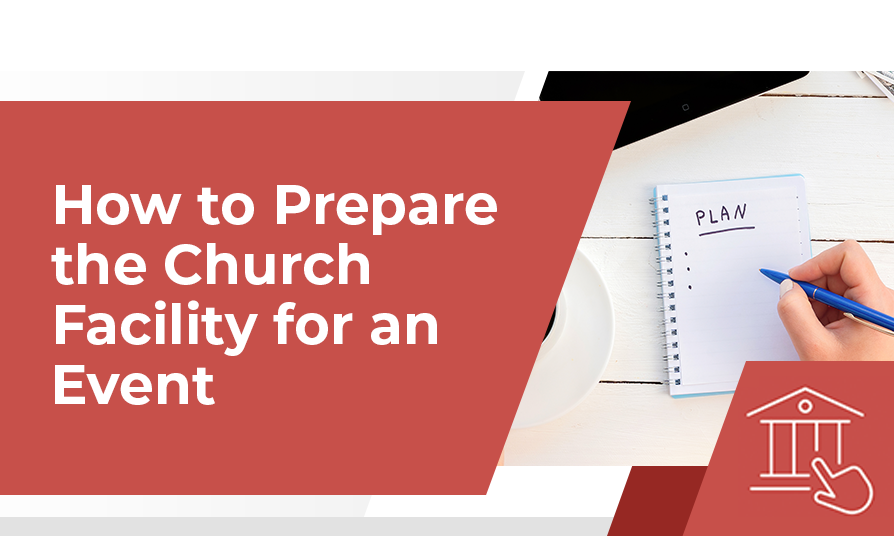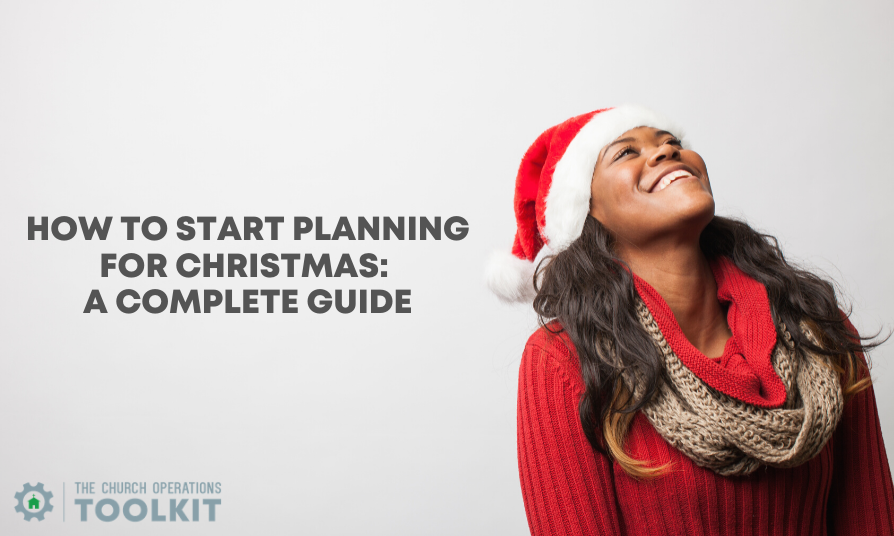How to Prepare the Church Facility for an Event
Hosting a special event at your church requires a few extra steps than Sunday services. As you start the planning process, include these steps to prepare the church facility for the event. #1 – Reserve the room(s) Each ministry department likely hosts a few events throughout the year. The last thing you want to do is …









